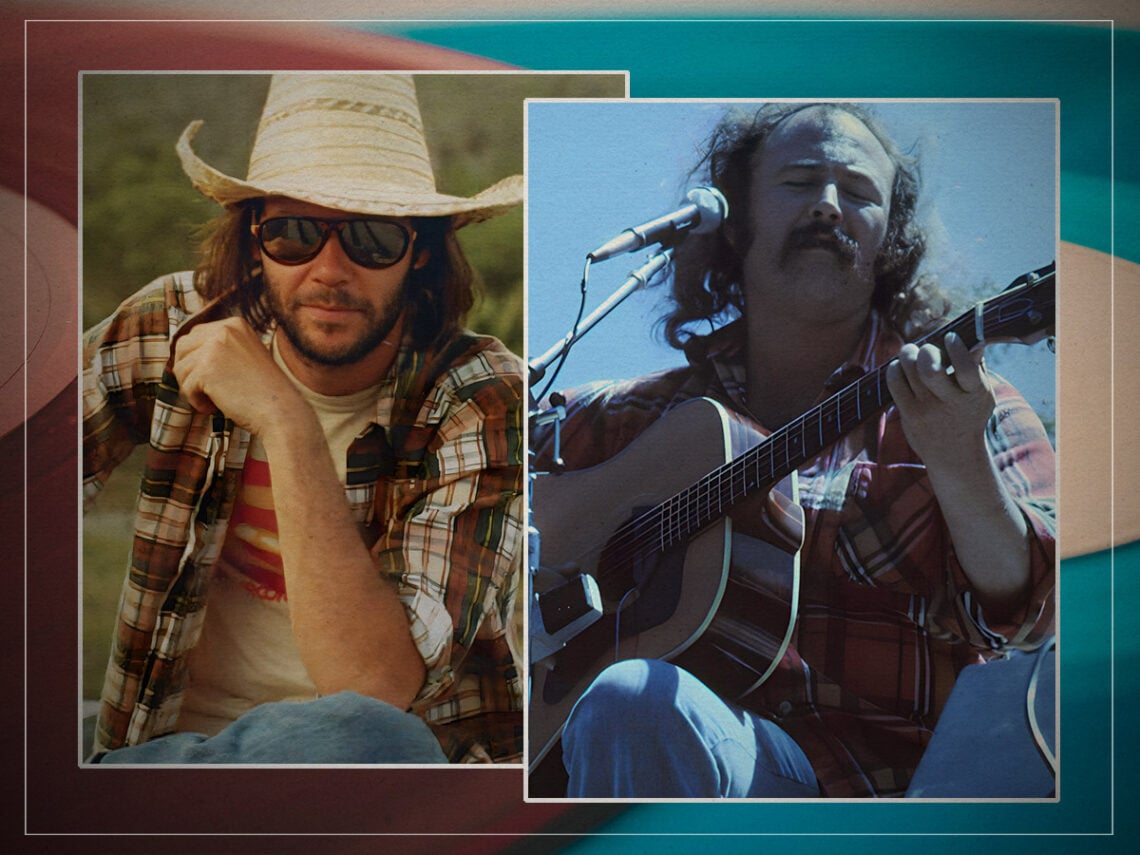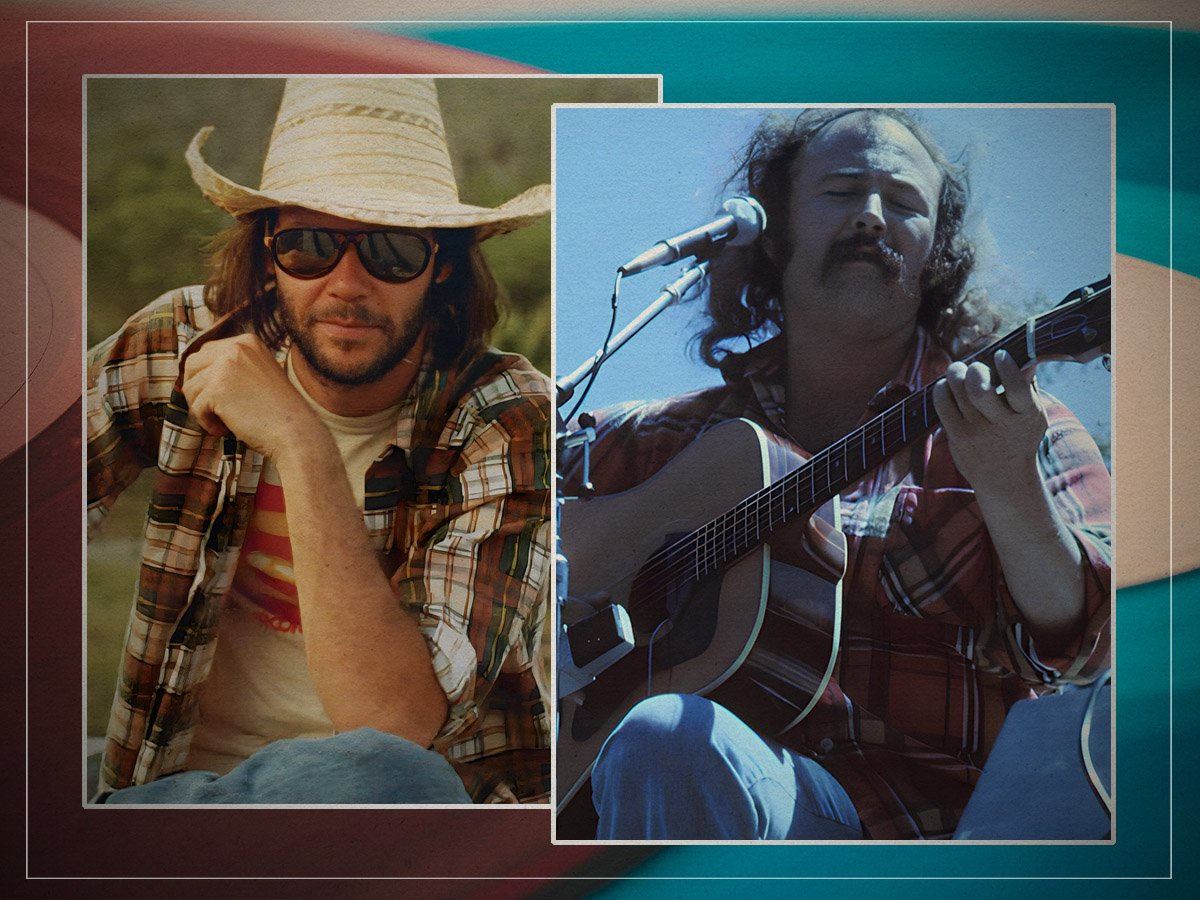
(Credits: Far Out / Analog Originals / David Gans)
Tue 16 September 2025 19:30, UK
We’re at a point in culture where people are often judged by who they’re closest to. It doesn’t matter if someone seems politically neutral if they’re friends with someone outspoken. But most of the time, these are relatively harmless. Not like Neil Young’s close encounters with Charles Manson.
Finding inspiration through the company they keep is common for musicians. Countless across history have written songs about their closest comrades, from Joni Mitchell to Bob Dylan. But when this ventures into cultural or political figures, it’s usually from a distance. Or in a way that takes stories and rewires them into something personal. Not from a place of overt admiration when the person in question is, well, questionable.
Young’s links to Manson led him to write a song his band felt so icky about they refused to play it for three decades. And while we all know Manson as the infamous cult leader who led his family into a string of heinous killings in 1969, Young only ever saw him as a musical genius. He initially met Manson through The Beach Boys’ Dennis Wilson, which is an interesting connection in and of itself.
He only met him a few times, but with each meeting came a towering feeling that he was in the presence of someone great, someone creatively out of this league. According to Young, Manson’s music was the kind that “no one was doing”. And he’d sit down, churning out music that just “kept comin’ out, comin’ out, comin’ out”. His music, from Young’s vantage point, was “unique”. And Manson has “something crazy, something great.” He was “a living poet”.
Young wrote 1974’s ‘Revolution Blues’ about his experiences with Manson. And his lyrics were so intense that they freaked out David Crosby. You can understand why, looking at some of them: “We live in a trailer at the edge of town / You never see us ’cause we don’t come around / We got 25 rifles just to keep the population down.” Apparently, although Crosby played on the track, he had warned Young against doing it, saying, “Don’t sing about that. It’s not funny.”
But from Young’s perspective, it was important because it was real. It was about culture, and what happened. All from the perspective of someone who once saw him as “something great”. As he explained to NME, “They didn’t know if they wanted to stand on the same stage as me when I was doin’ it.” He added, “I was goin’, ‘It’s just a fuckin’ song. What’s the big deal? It’s about culture. It’s about what’s really happening.’”
Young also told NME about playing it during the CSNY reunion tour, and how there was a clashing of opinions when it came to the song – the others feeling like it ruined the feeling they were going for: “David Crosby especially was very uncomfortable, because it was so much the darker side,” said Young. “They all wanted to put out the light, y’know, make people feel good and happy and everything, and that song was like a wart or something on the perfect beast.”
The song was effectively removed from Young’s sets from the late 1980s onwards. It’s easy to see why. Any song about the Manson family is going to settle unease in anybody listening. But worse, Young actually crossed paths with the monster himself. Which gives his song an added sinister feel, like the chronicles of someone who actually faced up to evil, before he even knew the sheer force of it all.
Related Topics

